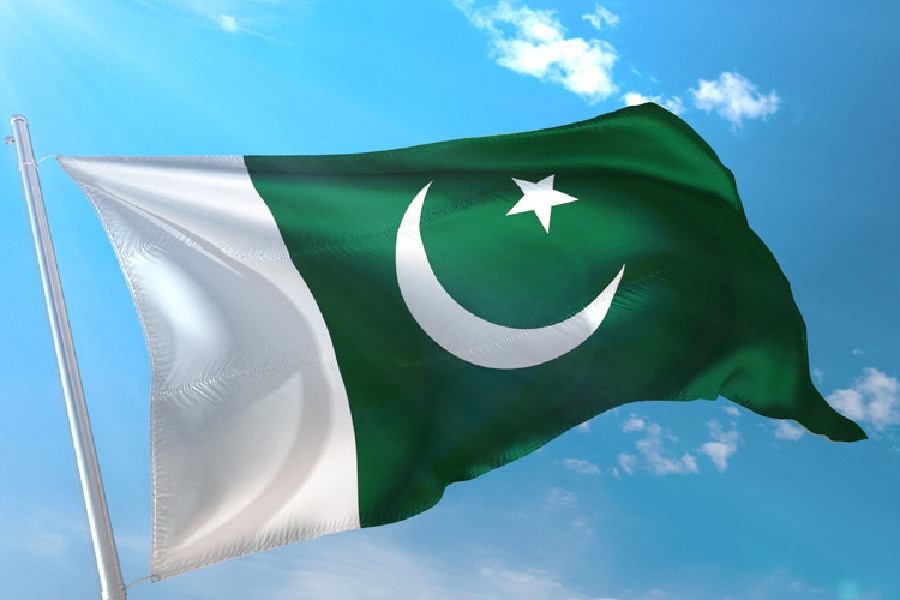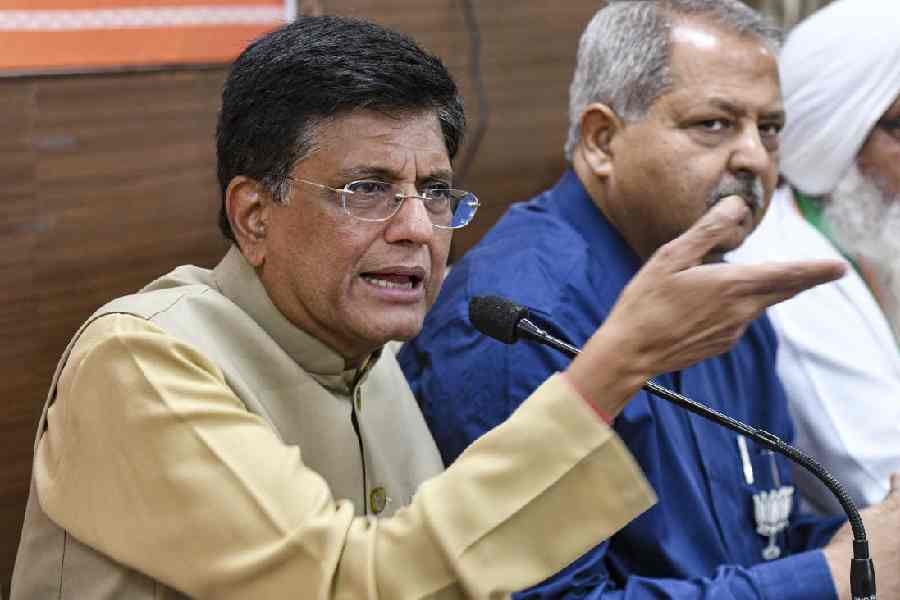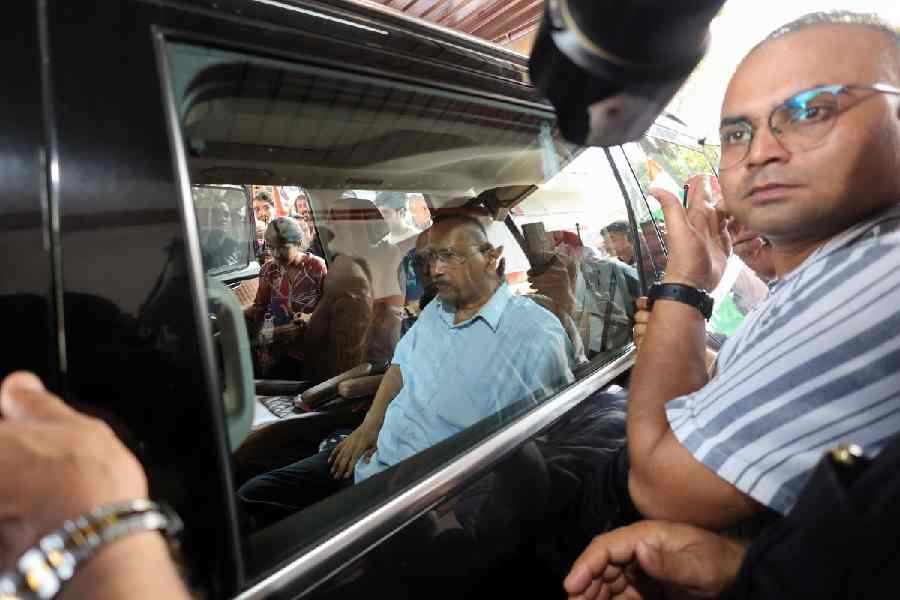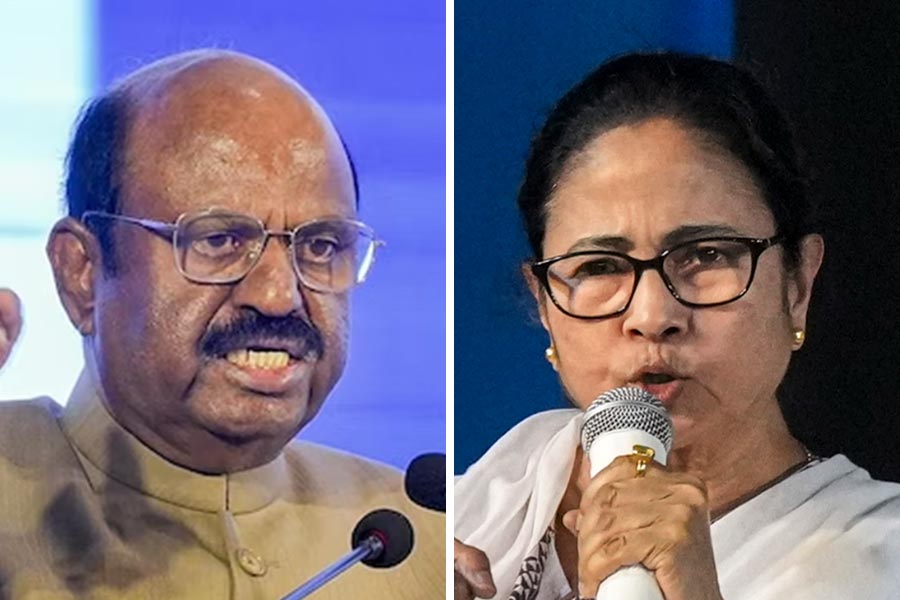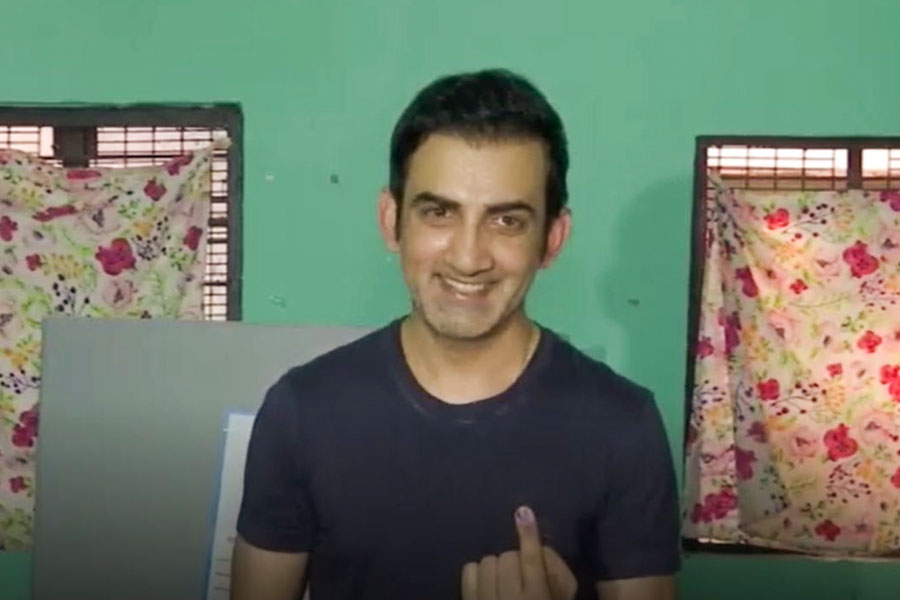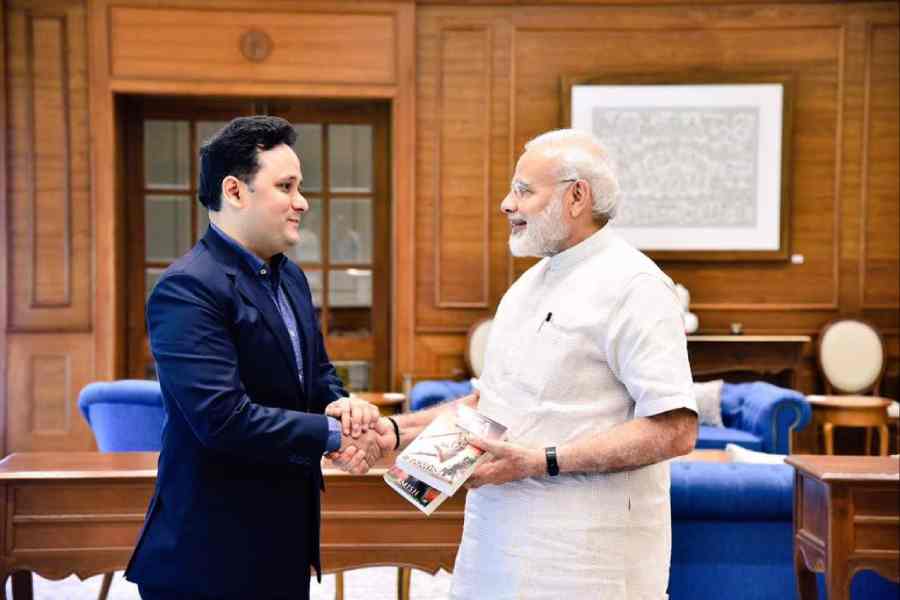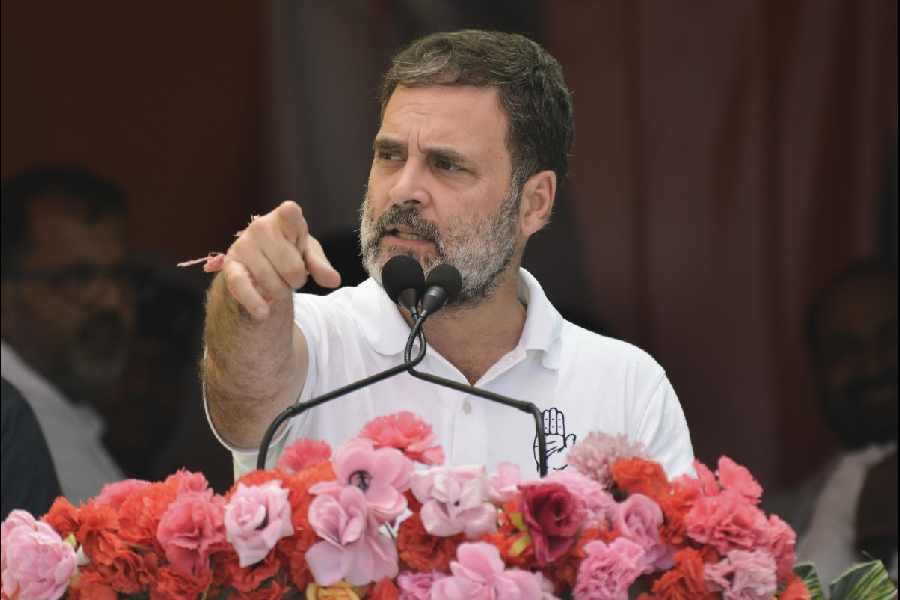The street performers first appeared a few years ago along busy intersections of Islamabad. Coated head to toe in eye-catching gold paint, they stood perfectly still, leaning on glimmering canes and tipping their top hats open. Some cracked a smile or offered a slow nod when they earned tips from passers-by.
Perhaps in a different place, the emergence of mimes on the street looking to earn a few dollars might go unnoticed. But this is Pakistan, where things under the security state often are not as simple as they seem. So as the number of golden performers grew, so, too, did the intrigue around them. Could they be informants for the country’s intelligence agency? Lookouts for powerful politicians? Maybe spies for the CIA?
“In any other country, if you see a beggar, it’s clear he’s a beggar,” said Habib Kareem, 26, a lawyer in Islamabad, the capital. “But here, you see a beggar and you think to
yourself, ‘He’s working for them’,” he added, referring to Pakistan’s powerful intelligence services.
Today, the “golden men” of Islamabad have been added to the ranks of the conspiracy theories sprouted, knocked down and rehashed every day across the city.
In Pakistan, where the hand of the security services is seen everywhere, conspiracy theories have been embraced in the mainstream for decades, driving conversations among street vendors, politicians and everyone in between.
Suspicion has become so universal that wild tales take root after almost every news event. In the wake of catastrophic floods in 2010, people asserted that they had been caused by CIA weather-controlling technology. Media pundits claimed that an American “think tank” was behind a failed car bombing by a Pakistani American in Times Square that year, and that Osama bin Laden was actually Jewish.
Others were convinced that the CIA staged the assassination attempt on Malala Yousafzai, the girls’ education activist, in 2012 after a local newspaper ran a satirical “investigation” describing the plot with outlandish details. (A disclaimer was later added to the article, which was meant to poke fun at the country’s love of conspiracy theories, to clarify that it was fiction.)
Some trace Pakistan’s embrace of conspiratorial thinking back to the Mughal emperors of the 16th and 17th centuries, whose reigns consolidated Islam in South Asia and were full of palace intrigue. In more recent decades, fantastical notions have sprung from the mythology that has built up around the Pakistani military and the main intelligence service, the seemingly all-seeing forces guiding the country’s politics from behind the scenes.
In such a climate, everyone — even street performers — can be seen as potential tools of the state.
“Some of those guys are definitely from the agencies,” said Aqsa Batool, 24, who was sitting at an outdoor cafe with her friend Shiza Kajol, 23, on a chilly spring evening in Islamabad. They leaned back from a red plastic table while cradling cups of sweet, milky tea.
Spend enough time in the city, they explained, and you develop a trained eye to spot informants working for the primary spy service, the Inter-Services Intelligence, or ISI, and other intelligence agencies.
They have certain tells: They all wear casual shirts and pants but they have dress shoes. The cuffs of their shirts are always buttoned. Their clothes are stiff, as if properly pressed. They often hold phones to their ears but do not actually talk into them.
As with many conspiracy theories, the suspicions came from kernels of truth.
Pakistan’s security services not so subtly hint at their vast powers to keep politicians and others in check.
Political scandals erupt from voice recordings or videos captured presumably
from bugs inside people’s homes and then mysteriously leaked. Intelligence agents occasionally tail people of interest, sometimes overtly. Ride-share drivers sometimes admit to being paid by the intelligence services.
People so widely assume they are being surveilled that they speak in code, referring to the military as the “sacred cow” and the ISI as “our friends” in case intelligence agents are listening in.
“There’s been a meta narrative that our intelligence agency is the best in the world, it’s everywhere, it’s always watching whether you are in your house or outside, there are eyes watching you,” Kareem, the lawyer, explained. “It’s been intentionally constructed by the state itself.”
For most of Pakistan’s 76-year history, the surveillance was a routine — if slightly resented — facet of daily life. But in recent years, frustration with the military’s role in politics has exploded, making its ever-present eyes and ears less tolerable for many people.
New York Times News Service

